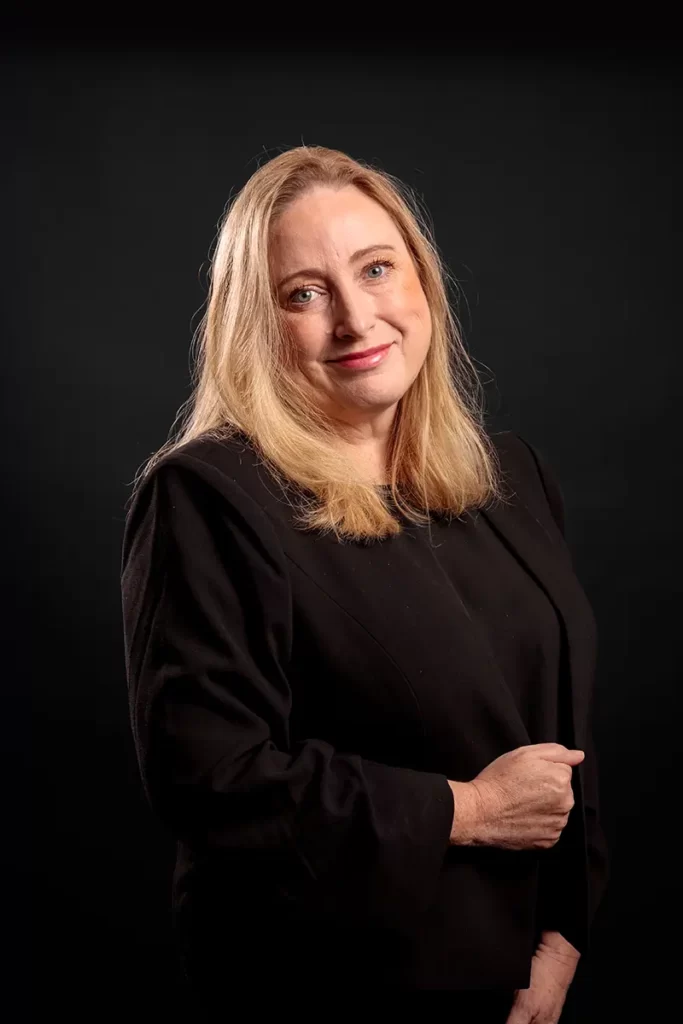Attwood Marshall Lawyers Wills and Estates Associate, Natalie Comerford, discusses the issue of financial elder abuse carried out under the guise of an Enduring Power of Attorney. Perpetrators of this abuse prey on some of the most vulnerable members of our community – those who entrust their loved ones or appointed attorneys with their assets and wellbeing.
In a society that prides itself on its values of care and respect for our elders, it is both shocking and disheartening to acknowledge the prevalence of financial abuse against vulnerable members of our community. This form of exploitation not only robs individuals of their hard-earned savings but also erodes their dignity, autonomy, and sense of security. It is an unpleasant topic to consider but we must shine light on what is going on behind the curtains of some homes in Australia and confront the uncomfortable reality that financial abuse of the elderly is a growing crisis that demands our attention and action.
The World Health Organisation (2020) defines financial abuse of older people as the ‘illegal or improper exploitation or use of funds or other resources of the older person’. It includes but is not limited to theft, fraud and manipulation of an elder’s finances, and it can be intentional or unintentional. For the sake of clarity, I am referring to the intentional abuse that is plaguing society today.
Data on the financial abuse of our elders is difficult to gauge because not only is it largely unreported but also the victims in some instances do not realise it is occurring. For the most part, perpetrators get away with it and it is only haphazardly discovered, usually after it has been going on for some time.
Why does this happen?
The reasons behind financial abuse are complex and multifaceted. Some perpetrators are motivated by greed and see the elderly as an easy target with relatively low risk of being caught or found out, while others may feel entitled to a relative’s wealth and believe they ‘deserve’ it, especially as an adult child or grandchild.
It is not uncommon for abusers to believe they are acting in the best interest of their loved one, under the misguided notion that they are ‘helping’ them manage their financial affairs.
Our elderly cohort are more susceptible to financial abuse because of their need for higher levels of care and support. This dependency creates opportunities for those unethical abusers, especially if the older person is isolated from friends, family and the community.
Our system is failing and is not strong enough to protect the vulnerable
When I discuss this topic, an elderly client of mine always comes to mind. He had engaged me for a legal matter and during the course of our conversations, he raised his concern with charges that kept appearing on his joint account he had with his deceased wife.
There was evidence of shopping sprees at clothing stores that I could not imagine my client, being in his nineties, would be shopping at. There were also purchases made for perfumes, makeup and fast-food charges. All in a different state to where my client was residing at the time.
We discovered that the transactions were a result of an old Enduring Power of Attorney that had been put in place by his deceased wife. The ‘attorney’ having access to the deceased’s bank card felt it was their right to continue to spend their mother’s share of the funds in the account. As misguided and illegal as this attitude was, it shows us that there are not enough rules in place to police the use of these powerful legal documents.
What can we be doing better?
Addressing financial abuse against the elderly requires a comprehensive strategy that includes public awareness, legislative reform and community support.
Education plays a vital role, and we need to be more active in our campaigning to empower the elderly to be cautious and aware so their vulnerability cannot be so easily exploited.
Better policing of government documents is essential and eligible witnesses being Notary Publics, Lawyers, Justices of the Peace, Commissioners for Declarations, and other court personnel, need to be accountable for the legal documents they are witnessing.
It is our collective responsibility to ensure that the most vulnerable among us are protected from financial abuse.
As a society, we must stand firm against this despicable behavior. We owe it to those who have spent their lives contributing to our communities to safeguard their rights and their finances.
In a nation as prosperous as Australia, it is unacceptable that financial abuse of the elderly continues to thrive in the shadows.
What to do if you or someone you suspect is suffering elder abuse
It is crucial for individuals to regularly check on their elderly relatives, friends, and neighbours. If you suspect abuse, the following services can help you take action:
- Relationships Australia – Elder Abuse Prevention and Support Service: 1300 364 277. Relationships Australia offers a free case management service providing assistance to those at risk or experiencing elder abuse.
- Elder Abuse Helpline – 1300 651 192. All calls to this helpline are confidential and offers you the time to talk things over. They can also provide you with a list of contacts of other agencies that may be able to assist you with your situation.
- Aged and Disability Advocates Australia – 1800 818 338. ADA Australia provides information and individual advocacy support for older people living in residential care who are experiencing or at risk of elder abuse.
- Older Persons Advocacy Network (OPAN) – 1800 237 981. OPAN aims to provide an immediate response to elder abuse within aged care and to prospective users of aged care services.
- 1800RESPECT (1800 737 732) – 24-hour support to people impacted by sexual assault, domestic or family violence and abuse
- Lifeline (13 11 14) – Support for anyone experiencing a personal crisis or thinking about suicide.

